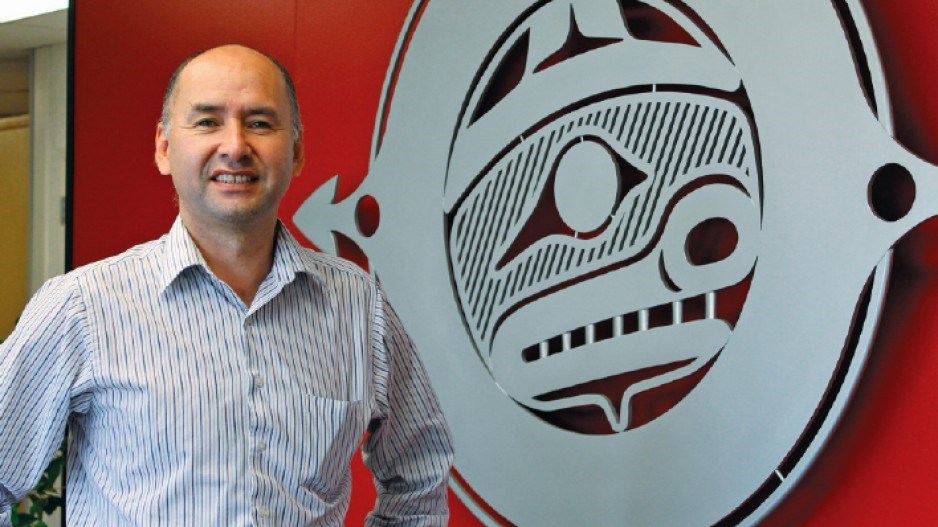A council representing eight First Nations communities with more than 75,000 square kilometres of land in northern B.C. says natural gas projects proposed for their territories will face "challenges ahead" if Premier Christy Clark doesn't meet with them to discuss the potential impact of the developments.
Chief Terry Teegee, head of the Prince George-based Carrier Sekani Tribal Council (CSTC), told Business in Vancouver that his group has been kept in the dark about:
- the scope of natural gas pipelines planned for CSTC members' areas;
- environmental impacts; and
- revenue-sharing possibilities.
Without detailed information on these issues, Teegee said, there's little chance the CSTC will support any LNG proposal.
"My mandate is to get all the information to our communities so we can make an informed decision," said Teegee.
"Without that, we are comfortable not endorsing anything."
Major projects that cross CSTC territories include:
- TransCanada's Northern Gas Transmission line, which will transport natural gas from the District of Hudson's Hope to Lelu Island; and
- Spectra Energy's Pacific Trails pipeline, which will send LNG from Summit Lake to Kitimat.
On TransCanada's project website, a timeline indicates meetings with First Nations communities began last January.
In addition to meeting with the government, Teegee said the CSTC needs to be given time to deliberate on the issue.
"The Liberals ran their campaign on LNG. But, from our perspective, we need to know, concretely, about these proposals. But I'm sure industry wants to start moving."
The importance of being given adequate time to judge the merits of major energy projects was echoed by Haisla Nation Chief Ellis Ross, a supporter of LNG developments. Ross told BIV that failed LNG projects in the past gave his community the chance to do extensive research.
He added that the Haisla also had time to evaluate the various proponents of LNG projects. When negotiating significant developments, First Nations want to see that companies and governments have done their research and can show an understanding of First Nations culture.
"Don't go to First Nations until you've researched their culture," said Ross. "Then go and listen. It's wrong to go in and just merely tout jobs and equity or revenue."
The Supreme Court of Canada has ruled that governments must adhere to First Nations' interests when seeking approval for pipelines and other major projects. Without First Nations support, development plans can face significant delays.
The CSTC represents the Burns Lake Band (Ts'il Kaz Koh First Nation), the Nak'azdli Band, the Nadleh Whut'en, the Saik'uz First Nation, the Stellat'en First Nation, the Takla Lake First Nation, the Tl'azt'en Nation and the Wet'suwet'en First Nation.




